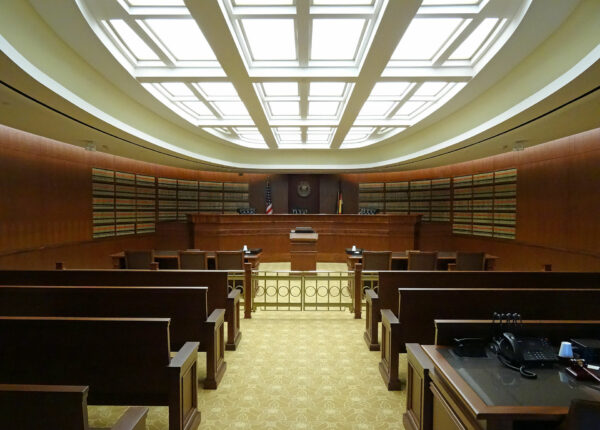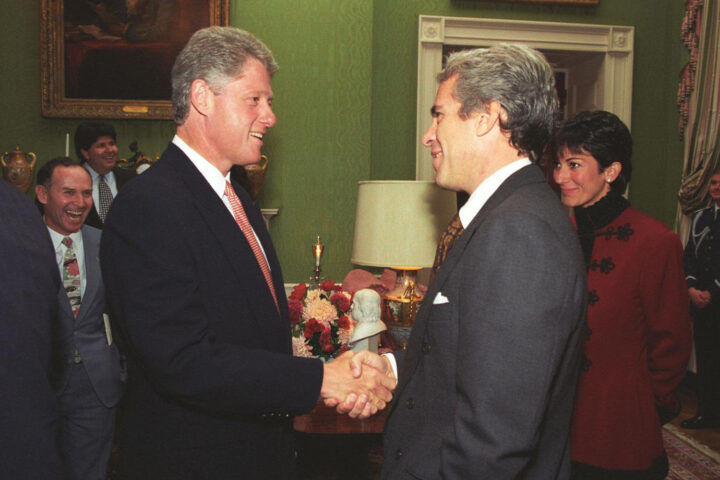The Georgia Supreme Court on Tuesday reportedly brought an abrupt end to District Attorney Fani Willis’s leadership of the election interference case against President Donald J. Trump and his allies, ruling 4-3 that her appeal did not merit review.
The decision leaves the prosecution in limbo and delivers a potentially fatal blow to what was once regarded as the most far-reaching of the criminal cases targeting the president.
The justices upheld a lower court finding that Willis’s romantic relationship with Nathan Wade, the top prosecutor she hired for the case, created a “significant appearance of impropriety.”
Without Willis, the sprawling racketeering indictment against Mr. Trump and more than a dozen allies — over their efforts to challenge Georgia’s 2020 election results — now hangs by a thread. Though the Georgia Prosecuting Attorneys’ Council could appoint a new prosecutor, the process could take months, effectively freezing one of the highest-profile prosecutions in the nation.
Willis, a Democrat, acknowledged defeat in a statement to The Hill. “I hope that whoever is assigned to handle the case will have the courage to do what the evidence and the law demand,” she said, while insisting that her office would provide all case materials to the council.
The ruling was welcomed by Mr. Trump’s defense team, which has long argued that the charges were politically motivated. Steve Sadow, the president’s lead attorney in Georgia, said the court had “correctly denied review.” He added: “Willis’ misconduct during the investigation and prosecution of President Trump was egregious and she deserved nothing less than disqualification. This proper decision should bring an end to the wrongful political, lawfare persecutions of the President.”
The case has been clouded by revelations that Willis and Wade were in a personal relationship while leading the politically explosive investigation. A trial judge had initially ordered that one of them must step aside. Wade resigned, but an appeals court later determined that the entanglement created such a taint that neither could continue on the case.
Justice Andrew Pinson, writing for the high court, noted the public’s intense focus on the prosecution and left the door open to clarifying the disqualification standard in future cases. “If this question — whether conduct creating an appearance of impropriety alone is grounds for disqualifying a prosecutor — is presented by future cases, we may well need to take it up in one of them,” Pinson said. But, he added, the Willis appeal did not meet the threshold for review, since the appellate ruling had been a case-specific determination.
For Mr. Trump, the decision marks a significant victory in his broader battle against multiple prosecutions. He has already been convicted in New York on 34 counts of falsifying business records. But in Georgia, the case once portrayed as the strongest legal threat against him has now been gutted by the prosecutor’s own misconduct.
Whether another prosecutor will pick up the case remains uncertain. For now, the attempt to hold Mr. Trump criminally accountable in Georgia for contesting the 2020 election results has collapsed under the weight of its own improprieties.
[READ MORE: Trump Secures TikTok Deal With China Amid Oracle Buyout Buzz]








